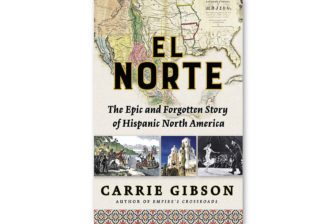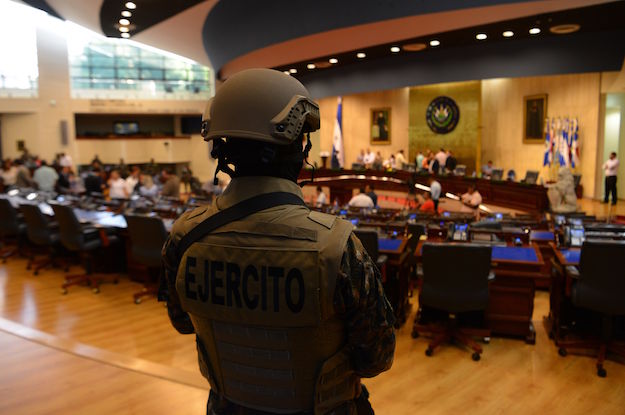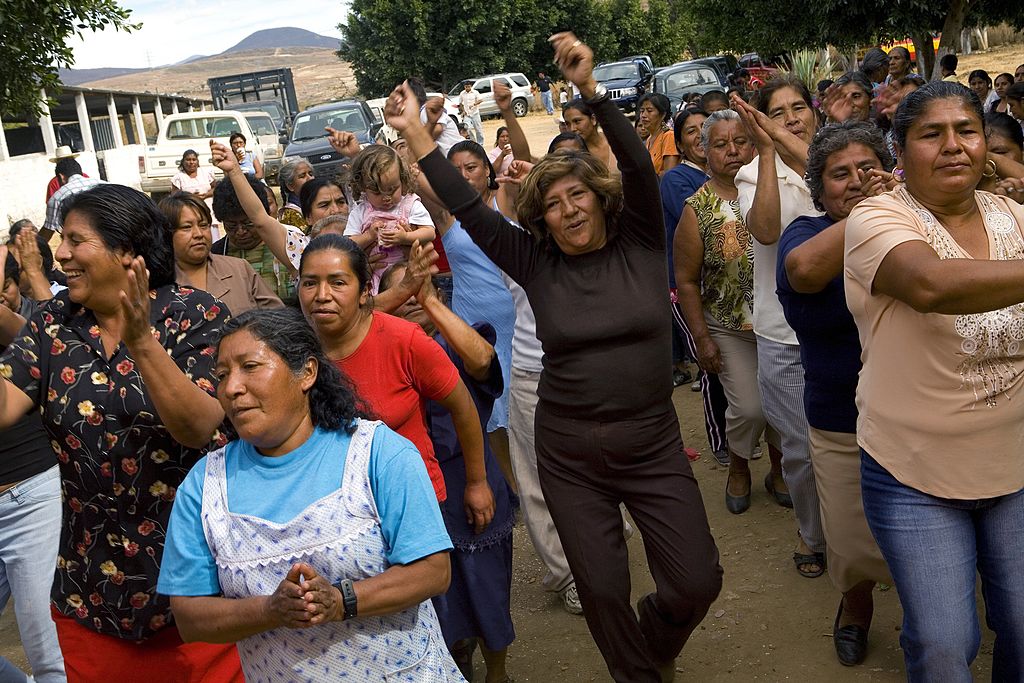This piece has been updated.
On October 2, Nayib Bukele made things Facebook live official: He sat on a white couch in his living room, looked into the camera, and announced he was running for president of El Salvador. Bukele, 37, has over 1.3 million followers on his fan page, equivalent to roughly 20 percent of El Salvador’s population. The video got over a million views.
The youngest presidential candidate, Bukele is also the savviest on social media, and his knack for personal branding has the potential to transform Salvadoran politics. If he wins the February election, he’ll be the first president to break the two-party system that has dominated Salvadoran politics for three decades.
To his 344,000 followers on Instagram, Bukele conveys an image of both a serious politician and a spirited millennial. The video games he plays, the action figures he likes, and even a picture of him on the Iron Throne are in the mix – as are his political rallies, diplomatic visits and international trips.
A former mayor of San Salvador, Bukele was, for most of his political career, linked to the leftist Frente Farabundo Martí para la Liberación Nacional (FMLN), one of the two parties that have ruled the country for decades. The son of prominent businessman Armando Bukele, the young Nayib was born during the civil war when his father openly supported the FMLN, which was a guerilla movement until the war’s end.
Bukele entered politics and the FMLN in his late twenties and was elected mayor of Nuevo Cuscatlán, a small town on the outskirts of San Salvador, in 2012. Three years later he won the race to run the capital. In both elections he ousted candidates from the Alianza Republicana Nacional (ARENA), a conservative right-wing party and FMLN’s biggest rival.
His career with the FMLN was cut short in October 2017 when the party expelled him in part for his attacks against it on social media. “This is a party that has usually not allowed criticism,” said Ricardo Avelar, political editor at El Diario de Hoy. “The minute FMLN kicked him out, they knew they were going to lose the presidential elections.”
Bukele, in turn, tried to create his own party, Nuevas Ideas (New Ideas), by rallying against traditional politicians (“los mismos de siempre”). But El Salvador’s electoral court failed to approve it in time for him to run. In a last-ditch effort to get on the ballot, Bukele aligned with the Gran Alianza por la Unidad Nacional (GANA), a center-right party plagued by corruption scandals. It was an odd marriage for Bukele, who has proposed commissioning an anti-corruption body similar to Guatemala’s CICIG. Ultimately, however, “his choice was between running for GANA or not running at all,” said Mike Allison, professor and chair at the department of political science at the University of Scranton.
The chosen one?
Despite the limits of a small party and what some see as an undefined political ideology, the latest CID Gallup poll gives Bukele the support of 44 percent of intended voters – 16 points ahead of Carlos Calleja, a businessman from ARENA, the largest party in congress. And while candidates like Calleja enjoy the benefits of party machinery, Bukele has the internet – and he knows how to use it.
“Bukele is a social media strategist,” said Ivón Rivera, a communications professor at the Universidad Centroamericana whose research focuses on social media and fake news. “He has positioned himself as a brand, his political speech is outright marketing, and he presents himself as someone ‘cool’, to appeal to young people.”
Journalists have expressed worry about this approach, since Bukele avoids press conferences and interviews. The candidate instead goes straight to his followers via Facebook live, eliminating opportunities to be questioned.
Despite his history with the FMLN, analysts insist on describing Bukele as an “outsider” because he doesn’t fit into the traditional Salvadoran mold.
“He’s selling himself by distancing himself from the establishment,” said Avelar. “He’s very similar to other politicians, like Andrés Manuel López Obrador in Mexico and Jair Bolsonaro in Brazil. He’s following the anti-political trend.”
Doing so has taken some rebranding of his party, which was founded by Tony Saca, the former ARENA president who was recently sentenced to ten years in prison for laundering $300 million. Bukele has changed the party’s colors and given it a new logo. In rallies, he rarely uses GANA’s name, asking supporters to instead vote for el golondrino (the swallow) – his nickname for himself.
So far, Bukele’s marketing seems to be working – benefiting from generational shifts.
“The base of support for ARENA and FMLN is aging,” said Avelar. “We have a growing educated youth and they haven’t taken a stance on a party.”
But if Bukele’s distance from the establishment helps him get elected, it could also make for a rocky time in office.
“If elected, Bukele will have trouble filling his cabinet and the bureaucracy,” said Allison. “He’s also going to have trouble ruling with a small party. He’s not going to be in a negotiating position of strength.”
This piece has been updated to reflect new poll numbers on November 8. AQ tried to reach Bukele for comment for three weeks but received no response from his communications team.
—
Enríquez is a journalist based in New York and an editorial intern for AQ.








